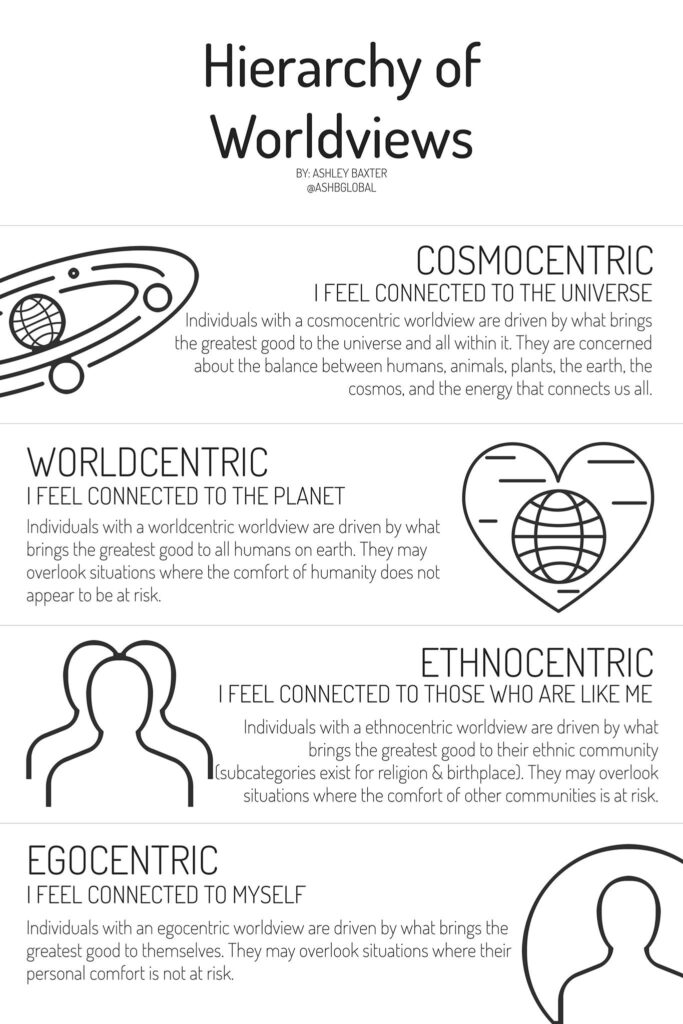
A Zen Approach to Conflict Resolution
Conflict is a common issue my clients face in their workplace. I found this talk, A Zen Approach to Conflict Resolution by Diane Musho Hamilton, insightful to manage such situations. Here are my takeaways from it.
Our primitive brain sees conflict as a threat. When the stake is high, we get stressed, the Amygdala hijacks the higher brain, our body gets ready for a fight, flight, or becomes frozen. Some of the usual body signals are elevated heartbeat, stiff neck, tight jaw, etc. In such a situation, pause the thinking brain (usually negative spiral of thoughts) and spend some time noticing the body sensation and be with it. Some mindful breathing, physical movement like walks, etc., may help reduce the heightened emotions and open up your higher brain a bit. Then notice your thoughts and ask yourself, “what is true here” or “what is the wisdom here”.
She also talked about adult developmental stages that limit the capacity of perspective-taking. The later the stage is, the more complexity we can handle, like holding multiple truths or perspectives at the same time.
- Egocentric: They feel connected to only themselves.
- Ethnocentric: They feel connected to those who are like themselves. It could be through ethnicity, religion, birthplace, etc. “Others” are a threat to them.
- Worldcentric: They feel connected to all the people on the planet. They may not see that what is good for humans, may not suit others in the ecosystem.
- Cosmocentric: They feel connected to all the universe, including humans, animals, plants, and the entire ecosystem.

It is natural to be egocentric in the most threatening conflict situation. However, with practice on self-awareness, we can do better. As we expand our worldview, it becomes easier to deal with a conflict.
She gave this practical example of conflict at Google or any other technology organization. You are to give someone some developmental feedback during a code/design review, and you are conflicted between hurting their feelings and getting things right for the team. It is time to expand your worldview a bit. First, notice your body; where do you feel the discomfort. Take a moment to be with that and breathe to regulate that sensation. Then ask this to yourself:
“How can I be aware of my colleagues’ feelings and at the same time give them feedback on the work they did, so together we accomplish something for the greater good”?
Where else can you apply this to manage your conflicts better?
Join me for this FREE event Q&A with Sharmin, a safe confidential space to explore your career and leadership challenges. The next one is Friday, June 18, on Zoom at noon PST/3 PM EST. Only 10 spots per session.

Feature image is by Pixabay.com




